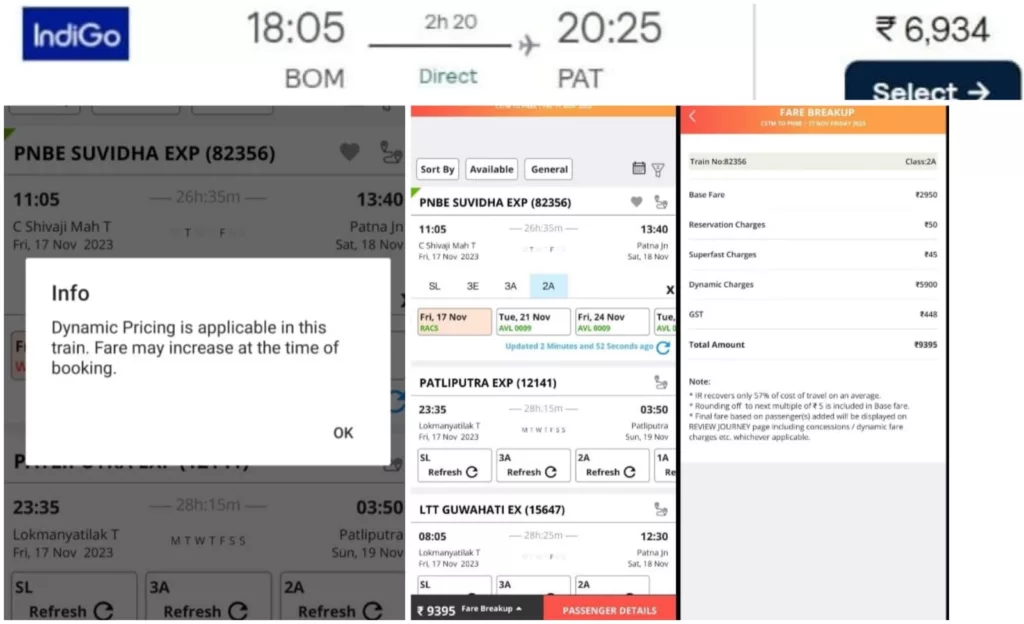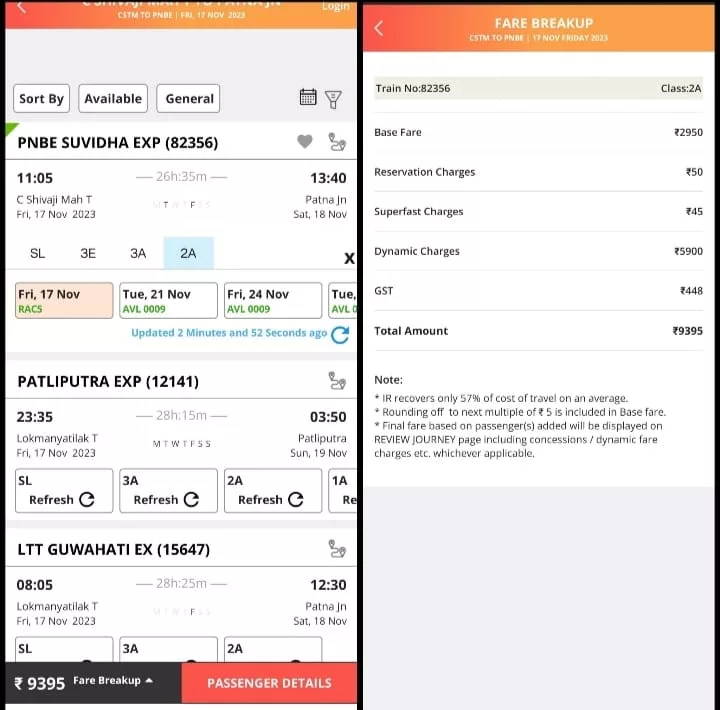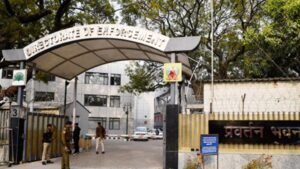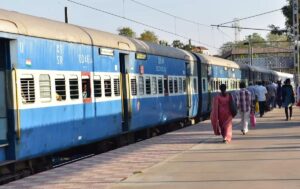Train fare costlier than flight : Railway decides to discontinue dynamic fare structure for Suvidha trains

Train fare costlier than flight : Railway decides to discontinue dynamic fare structure for Suvidha trains
By: Pune Pulse
November 18, 2023
Pune: The current dynamic fare structure for premium Suvidha trains is expected to be discontinued by the railways shortly, as air travel from Mumbai to Patna is becoming more affordable compared to the Suvidha fares.
On November 24, a budget carrier’s air ticket from Mumbai to Patna will be priced at approximately Rs 7,000, whereas a Suvidha ticket for the same day will cost a passenger Rs 9,395.
The implementation of dynamic fares will not be completely discontinued, as it will still apply to the Rajdhani, Shatabdi, and Duronto trains. However, the Suvidha tickets will now follow this pricing structure. The surge pricing of Suvidha tickets has gained attention due to the high demand of people travelling home for Chhath Puja.

The premium Suvidha trains will no longer follow the current dynamic fare structure as the railways plan to discontinue it soon.
A significant number of individuals are hurrying to catch the train and travel home for Chhath Puja, which has brought attention to the surge pricing of Suvidha tickets. On the social media platform X, numerous people have expressed their frustration with the excessively high ticket prices. A post on X stated, “For 2AC travel from CST Mumbai to Patna Junction, the cost is Rs 9300. The dynamic charges of Rs 5900 seem quite straightforward. The cost of SL Class is Rs 2625… Is this truly a government that prioritizes the welfare of its people?”
The Mumbai-Patna Suvidha 2AC ticket has a base fare of Rs 2,950 and dynamic charges of Rs 5,900, resulting in a total price of Rs 9,395 inclusive of taxes and other charges for travel on November 24. Opting for a budget airline for a last-minute booking on the Mumbai-Patna route would cost approximately Rs 18,000, whereas booking in advance for November 24 would cost around Rs 7,000.
The Suvidha train service, which was introduced in 2015, has a flexible fare structure. This means that the ticket prices vary depending on the rate of booking and seat availability. The fare structure consists of five slabs, with each slab accounting for 20 per cent of the total seats. In the first slab, the fare is calculated based on the Rajdhani base fare plus a Tatkal charge. As we move to the second slab, the fare increases by 1.5 times and continues to rise until we reach the final slab. In the final slab, the fare is capped at three times the base slab. There is no specific deadline given by officials regarding when the Suvidha train service will adopt the dynamic fare structure of the Rajdhani, Shatabdi, and Duronto trains.
Under the dynamic pricing system of the Rajdhani train service, the base fare increases by 10 per cent for every 10 per cent of seats booked, with a maximum increase of 50 per cent above the base fare. The Suvidha train service is known for its speed and operates on the busiest routes. It provides confirmed tickets and has priority over Superfast, Mail, and Express trains.
According to railway minister Ashwini Vaishnaw, the number of special train trips during this festive season will exceed last year’s by more than two-and-a-half times. The railways have scheduled 6,754 extra train trips between October 1 and December 31 to accommodate the increased number of passengers, which is significantly higher than the 2,614 trips operated during the same period last year. As of now, 2,423 of these additional trips have already been completed.
Dynamic pricing is a business strategy that involves adjusting prices for products based on the current demands of the market. These prices are determined by various factors, including competitor pricing and time-based pricing. In the budget for the fiscal year 2023-24, the revenue generated from passenger fares is subsidized by the revenue generated from freight fares. The estimated traffic revenue for this period is Rs 264,600 crore, which accounts for 99.8 per cent of the total revenue.








